My Evening Routine – Dr. Kelly Starrett
Culturally, there is some considerable cache in talking about our amazing wake-up routines. We talk obsessively about our coffee hacks, cold plunges, gratitude practices, morning fasting, favorite breakfasts, and supplements. We stare at the sun, get luminous with breathing, perform fasted cardio, and generally get pumped up. It’s easy to forget that all of this momentum and forward speed has to eventually come to an evening end when it’s time to sleep. Few of us brag about our evening routines and weighted blankets. Netflix and chill don’t even really mean the “chill” part. Sleep, and by extension, relaxing aren’t really things most of us think much about. Mostly we all probably just run out of time and realize that it’s just time to sleep. We may all be better served by changing how we think about sleep preparation as actually starting much earlier in the day. Enter: The Routine.
In the spirit of full disclosure, I have what my wife Juliet calls “the gift”. More precisely, my psychologist-mother would tell you that I developed an effective coping mechanism as a child around feeling anxious or stressed by just going directly to sleep. Fast forward a few decades and I’m pretty adept at being able to fall asleep anywhere quickly. Or as Juliet would say, “on a cold hard floor.”
When I track my sleep latency (how fast I fall asleep) it’s usually under two minutes (per my favorite tracking device, the WHOOP). Now before you start hating, understand that in spite of my ability to shut down like a machine, this robot hears every noise in the house, is awakened easily by a flashing electric toothbrush charging light, and overheats like a small supernova. Juliet, on the other hand, needs a minute to settle her monkey brain, but wouldn’t actually notice if I decided to carve some chainsaw art in our bedroom at 2 a.m.
So while I can always fall asleep, HOW I end up sleeping has a lot to do with the back half of my day. And, it turns out that helping Juliet fall asleep faster turns out to be the same sets of behaviors that help me stay asleep.
Before I jump into the nitty-gritty of getting yourself into a better situation in which to begin the sleep process, let me remind you of a few of things:
- The human brain is the most complex structure in the known universe. It can take a minute to rewire behaviors and habits. But you got this!
- Human physiology is complex and our behaviors can sometimes be coupled in ways that are hidden to us. (I’m sleepy at 4:30pm, I have a coffee, I don’t sleep well because of said coffee, the next day I’m even more tired….).
- Modern life is hectic and dynamic. You may never have the perfect evening routine, but you can control something. So control or improve that thing. Get the rest of it tomorrow.
- It’s not just about sleep. It’s about chilling out, down-regulation, and relaxation. Sleep is an interesting barometer. We are good (brilliant actually) at redlining in our workouts and life in general. We all could get better at going from 60 mph back to zero.
Here are some of the practices that have stuck in our family:
- Normalize Bedtime: Your brain is pretty good at sensing patterns, like damn good. If you can normalize the time you get into bed, your brain is going to be much better at figuring out this “is what we do” at this time every night. We shoot to be wheels up between nine-thirty and ten pm. We have figured out that if we can crack eight-plus hours of sleep, we rule the next day (6:05 am wake up) and our WHOOP sleep scores reflect this experience.
- Limit Afternoon Coffee: I’m a quick caffeine metabolizer and I don’t drink anything with caffeine after 4 pm. I can drink espresso and go to sleep. I’ll just sleep like crap. And this is subjective and objectively measured crap.
- Keep Tech Out of Your Bedroom: I don’t bring my phone into the bedroom. My kids aren’t allowed to keep their phones in their rooms as well. Phones are like crack, literally. So the best defense is to keep your phone out of the room altogether. This isn’t just about “blue light” you yellow blue blocker reading glass wearing nerds (Juliet). It’s about arousal and serotonin. I know, you have to read the NYT on your phone…Fine. I’m just telling you what works for me.
- Do Some Soft-Tissue/Mobility Work Before Bed: Soft tissue work in the living room in the last hour before you go to bed can make a big difference in what my friend and super coach Jill Miller calls turning “on” your “off” switch. That body input makes you feel relaxed. Ever had a massage and then jumped off the table ready to fight or snatch a person best? Nope. We have found that ten minutes of rolling is enough to make you feel more relaxed. You will likely need a little more, or less. We, obviously, have a lot of easy follow-along videos that can help you with this at The Ready State.
- Have Some Tea: I like a warm beverage. Usually this is a cup of tea. Maybe I just like to be entertained in my mouth, maybe it keeps me from binging on all the cookies, or it’s part of the signaling that I’m getting ready to move to the prone position. In fighting and combat, these pre-event signals are called pre-contact cues. The tea is a signal to your brain about your evening routine and what to expect next. It also makes cookies better. Just saying.
- Make Your Room Cold and Dark: My room is as cold and dark as Juliet will let me get away with. As you know, I sleep on a Chilipad that circulates cool water under my sheets. It keeps me from overheating AND it makes a white noise I like. I sleep in a cheap eye mask so I’m sure the room is dark. The latter I started doing at home because when I travel, I find myself in overly lit rooms. Getting used to the eye mask took me a few weeks. Now, it’s always dark, baby.
- Read: I tend to get most of my reading done in the evening. I don’t use special lights but the light by the bed is an incandescent bulb. I find this is a better practice for relaxing than watching action movies. Go figure.
- Limit Alcohol: I have found that even a single glass of wine really messes with my sleep quality (subjective and objective measurements). Juliet is allergic to red wine and we try to set good examples for our kids about not needing a “drink” to unwind. I suggest you drink when you aren’t stressed. Obviously humans are flexible and nothing tastes better after beach volleyball than a margarita. Just know that while you may feel relaxed, you will pay a sleep price for that margarita that will cost you the next day. Keep in mind I do live near Napa. I’m not a total heathen, but dammit if a single drink doesn’t affect my sleep.
- Workout Earlier: I don’t work out late in the evening these days. I also can’t sauna my body to a million degrees right before I sleep. I’ve tried both. Your mileage may vary.
- Move A LOT During The Day: Lastly, if I move my body during the day, I sleep better. I don’t even mean exercise. I mean moving. Juliet and I are pretty good at sneaking in walks when we can get them. I also have a day job that keeps me pretty active. All of this to say, that if we want to feel sleepy and sleep deeply, we need to accumulate some fatigue during the day. Those of you with kids know exactly what I’m talking about. Get as many steps as you are able. I’ll land in a new city and go walk just so that I can hit my 10k steps.
In our relationship, Juliet is actually the novelty seeker, believe it or not. I’m comfortable with routine. If you told me to eat the same breakfast every day for a year to be better, I’d do it. Easily. My point is that I try and keep roughly the same routine. Juliet and I have a couple of teenage daughters, a pretty rad community of friends, and sometimes hectic travel schedules, and sometimes all I can do is flop down and put on my eye mask. The next night I try and do better.
So here’s my evening routine boiled down: Watch your caffeine, limit your drinking, try and do the same thing whenever you can before bed, try to do some soft tissue work, sleep in a dark place, and get off your phone. Easy.
– Kelly

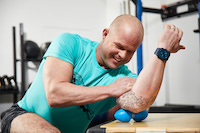
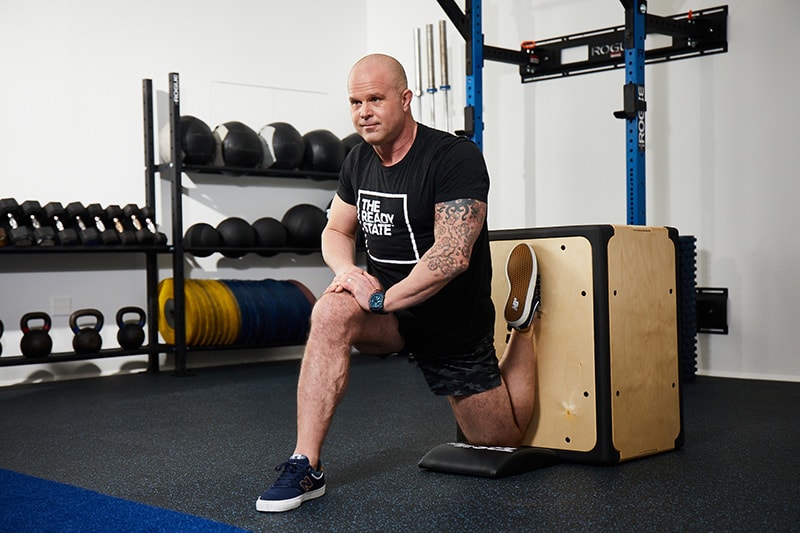
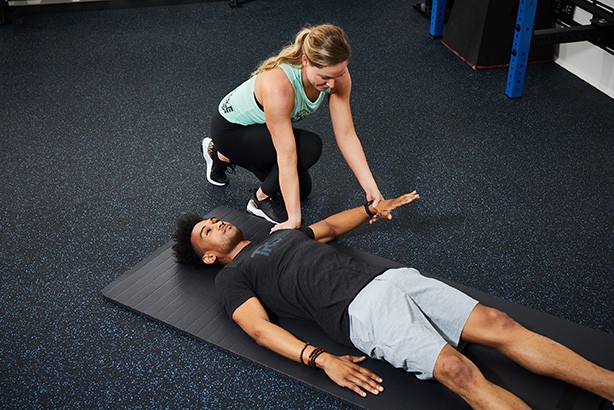
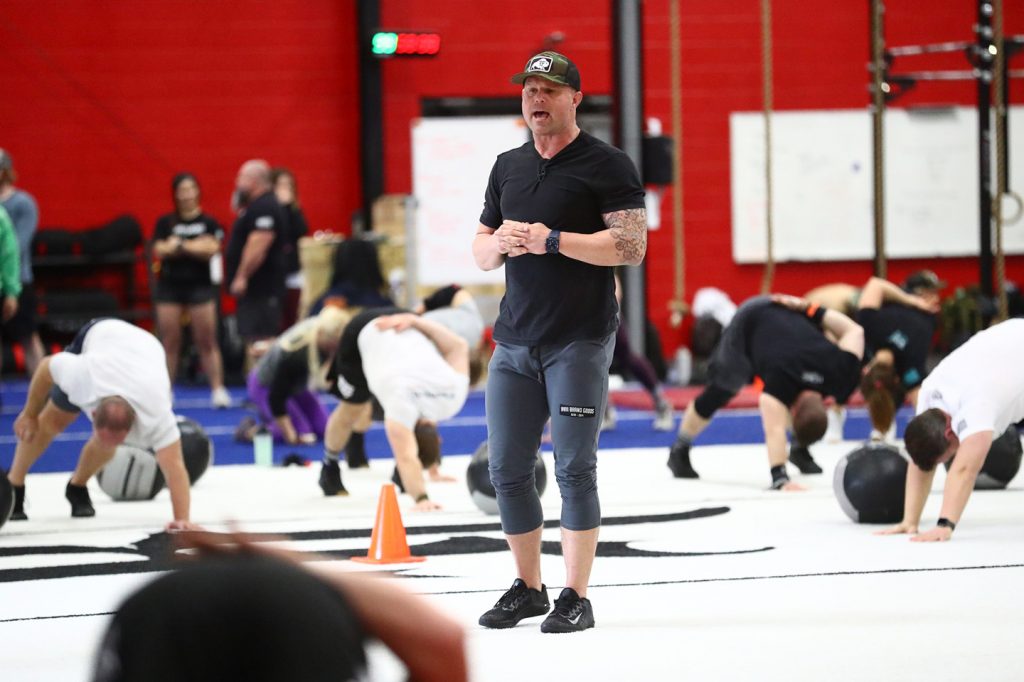
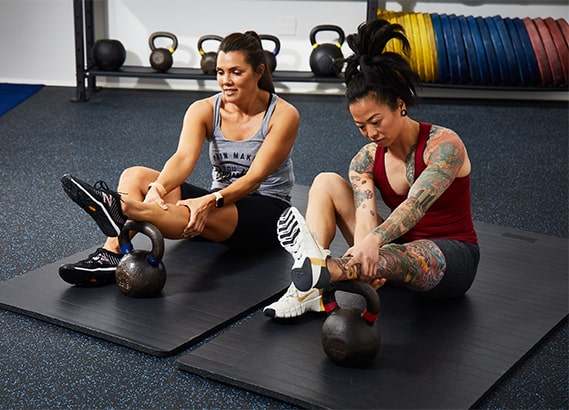
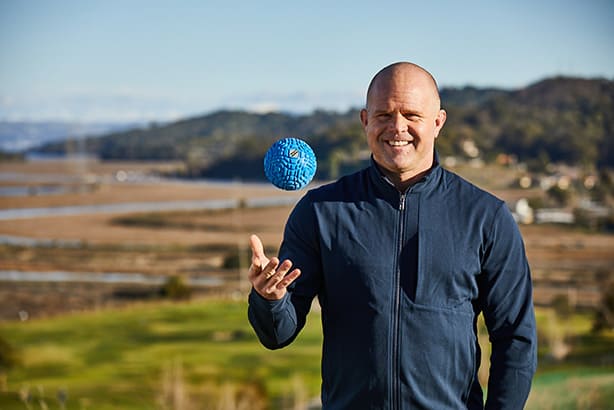
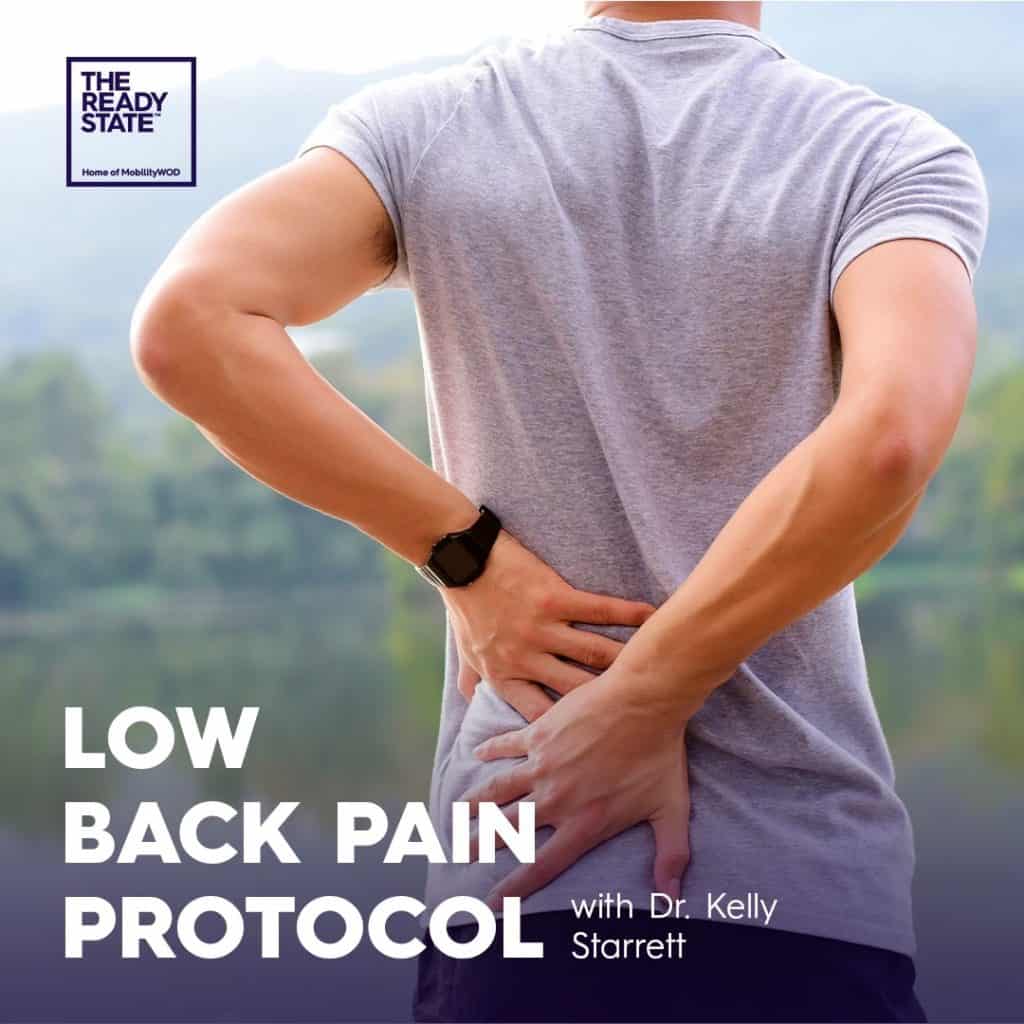
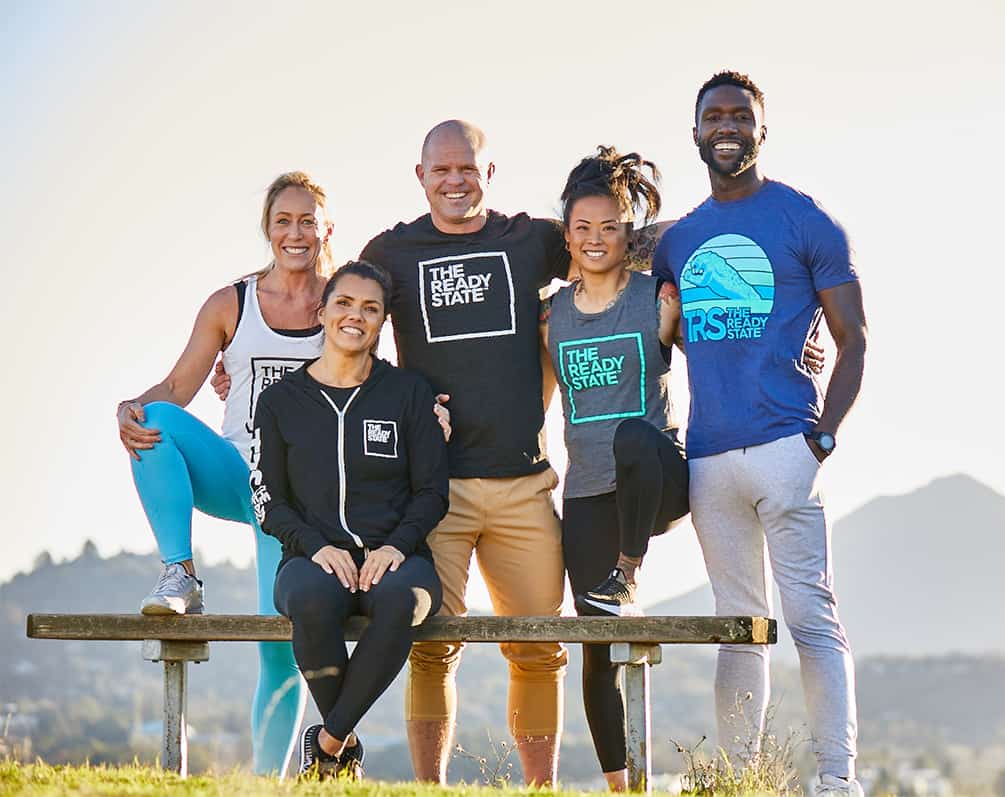
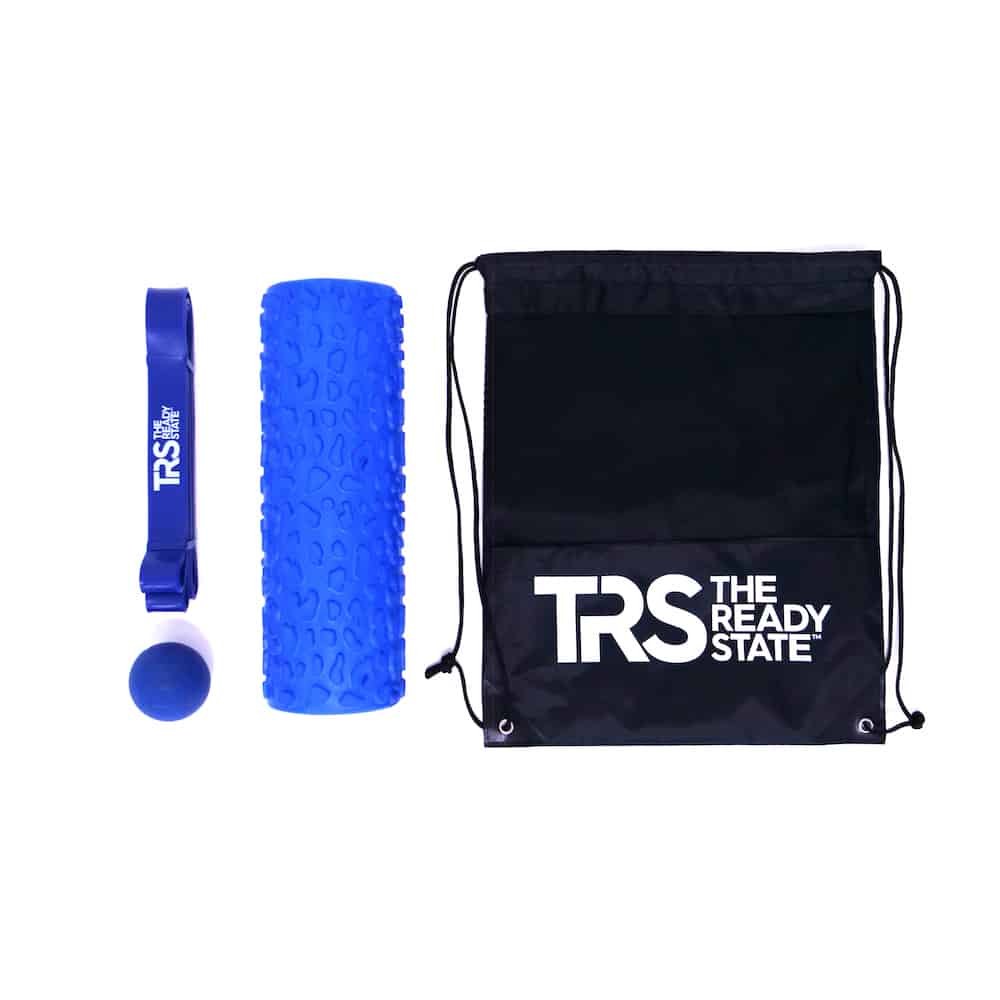
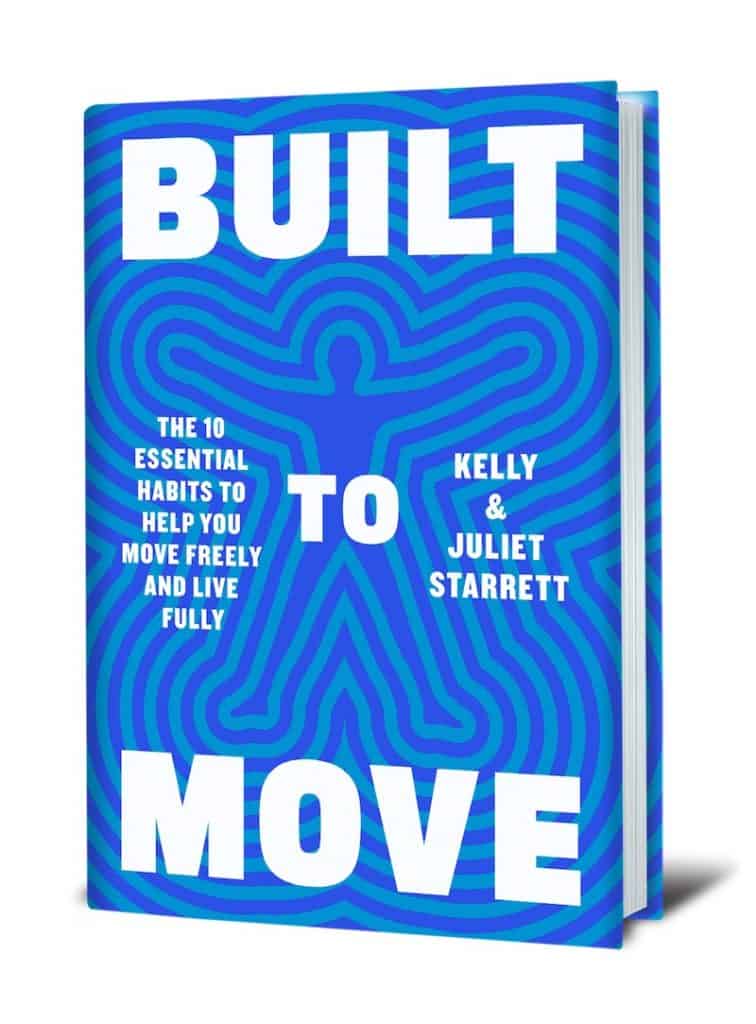
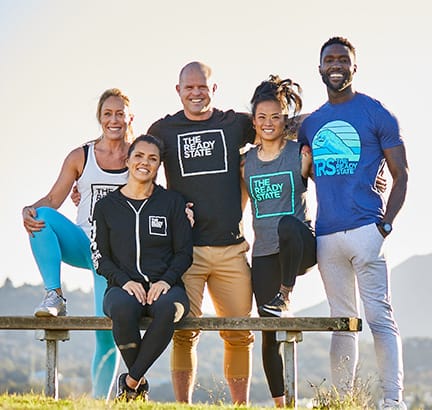
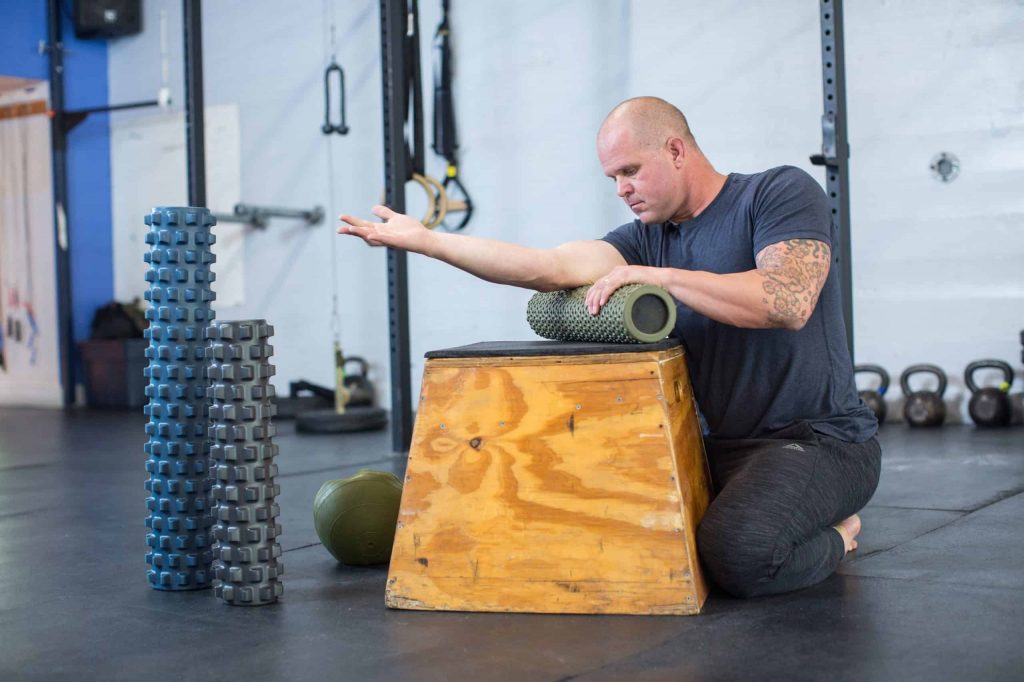






TRS Virtual Mobility Coach
Guided mobilization videos customized for your body and lifestyle.
FREE 7-Day Trial